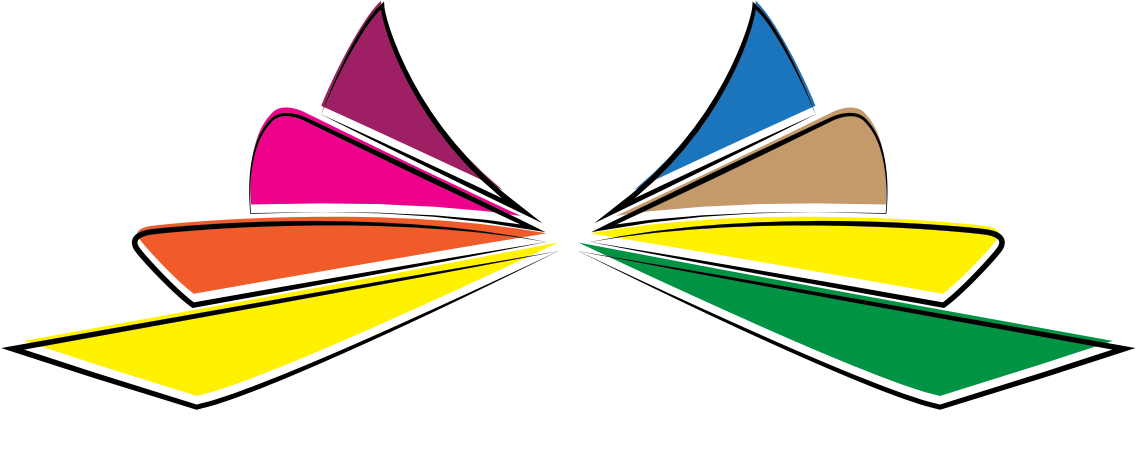Climate Policy Statement
Who we are and what do we do which impacts on sustainability
The Munster Literature Centre is a writers’ resource centre, designated by the Arts Council as a national Strategic Organisation. We produce literature festivals which involve audience and creators travelling, workshops and mentorships where individuals meet digitally, publication of artworks in both the physical and digital realms, the dissemination of information by physical and digital means. We have a physical location, a building, where electrical energy is consumed.
Why minimising our environmental impacts is important to us
We recognise that our planet and all the living creatures, animal and vegetable, thereon are facing a climate emergency which is an existential threat.
What do we do to reduce our environmental impact?
Live Events
Festivals
We produce live events, notably two annual literary festivals with an international focus. Living on an island in the Atlantic, limits the option to switch from air travel to overland or sea travel.
Where possible international guests are facilitated in their commitment to avoid air travel. We have facilitated guests from Britain who wished to travel by ferry and a guest from Norway who travelled half the way by train before getting on a plane. Occasional mitigators against these options are cost (the judicious spending of public funds) and the extra time involved for a writer who is spending time travelling they could otherwise spend working and earning. We actively encourage on-island participants to travel by public transport. The value of in-person, face to face human engagement is crucial to what we do and cannot be eliminated entirely.
Workshops
We have moved the delivery of all our non-festival workshops to online which reduces the travel impact of the participants and the electricity consumption in lighting and heating of our building.
Meetings
We prioritise digital meetings over meetings which involve travel. We facilitate digital attendance by individuals at physical management meetings. All staff travel for meetings is by public transport.
Dissemination of Artworks
Recorded events on YouTube
All of our live events are video recorded for our archive. Where copyright is not an issue they are distributed online to facilitate potential audience members who wish to avoid travel.
Digital Podcasts
We have an annual author interview programme which is disseminated digitally by podcast. Participants are brought together by video to eliminate travel footprint.
Journal and Book Publication
We have experimented with entirely eliminating physical production and restricting ourselves to solely digital dissemination of our literary journal. We discovered that it’s reach and perceived prestige and thus its efficacy in promoting artists and new work was severely, adversely affected. In returning to physical production we have:
1) Produced by ‘print-on-demand’ which eliminates waste of paper and energy consumption.
2) We have a model which allows us to manufacture and fulfil (package and deliver) orders locally on three continents and in many individual European countries, thereby reducing significantly carbon expenditure in transcontinental shipping.
Dissemination of Information
We have significantly reduced the physical dissemination of marketing materials. We have eliminated physical mailouts to individuals except in the occasional incidence of a special request because of access issues. We have a digital email newsletter with over 5,000 subscribers. We include a reminder to readers to unsubscribe if the newsletter is no longer of interest to them, thus reducing our digital footprint. We continue to produce physical posters and brochures for our festivals for the sake of individuals who have access problems with online resources and also for historical record. We have discovered that digital marketing through social media is our most efficacious reach and we will continue to avoid as much physical production as we can to reduce carbon footprint.
Our Building
Our building is of significant architectural heritage (a rare, urban, vernacular 18th century terraced house) and we are limited in the actions we can take to make it more heat efficient without affecting its integrity. We facilitate home working for 40% of workdays to reduce travel by staff and heating and lighting in the building. Our building is owned by Cork City Council and with Cork City Council we aim to explore possibilities in the future for on-site solar power generation and increased insulation which does not impact on the historical importance of the building.
Actions for the Future
We will encourage partners, funders, artists and audience to offer advice on further effective sustainable actions available to us. We aim to establish awareness of technological innovations which will increase our sustainability.
